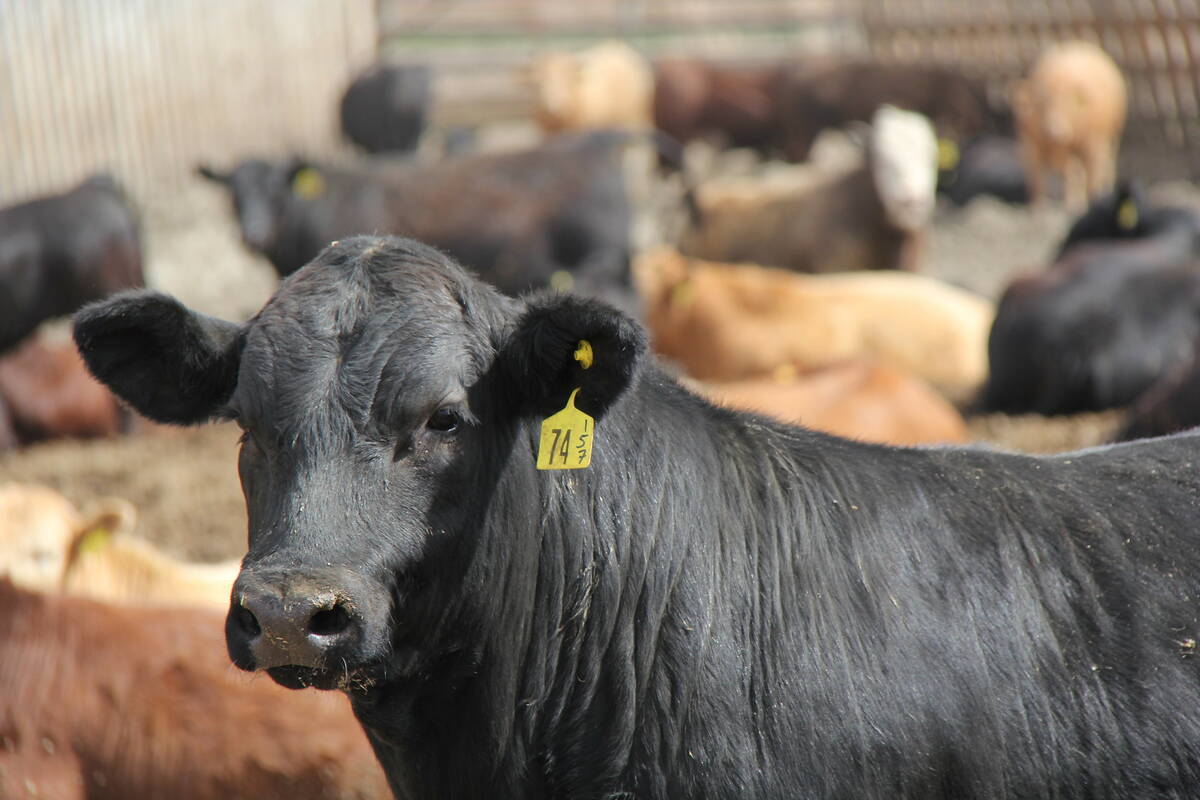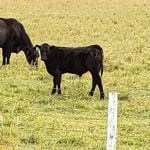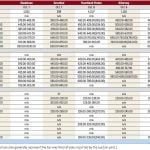Poultry producers in Saskatchewan can again export to Taiwan after that country lifted a six-year-old ban on the province’s product.
Federal Agriculture Minister Gerry Ritz announced Friday that the "lucrative" Taiwanese market was again open to Saskatchewan poultry and poultry products, effective "immediately."
Saskatchewan producers, he said, may now benefit from an export market whose value has risen 84 per cent from 2007 to 2011.
Taiwanese authorities imposed their ban on Saskatchewan poultry and related products in September 2007, following an outbreak of high-pathogenicity ("high-path") H7N3 avian influenza on a poultry farm near Regina Beach, about 50 km northwest of Regina.
Read Also

Klassen: Cash feeder market divorces from futures market
For the week ending October 11, Western Canadian yearling markets traded $8/cwt higher to $5/cwt lower compared to seven days…
Canada, and Saskatchewan, regained their World Organization for Animal Health (OIE) status as free of "high-path" bird flu in April 2008, after the cleanup of the Regina Beach outbreak.
The cleanup involved a complete cull and burial of the farm’s 50,000-odd birds. New birds were allowed on the farm in February 2008, 21 days after the end of the disinfection process as per protocol.
Exports from other Canadian provinces to Taiwan "continued to have access during this time period," the government noted Friday, but the federal government "has been advocating for trade to resume with Taiwan based on (the OIE-approved) science."
Taiwan is Canada’s fifth-largest export market for poultry and poultry products, importing $142.4 million in 2011, up from $77.4 million in 2007, the government said.
H7N3 affects birds but not people. While it and other high-path strains can be devastating on an affected commercial poultry farm, the concern of human health experts is that a strain such as H5N1 may mutate or combine with a human flu virus that could spread more easily among people, spurring a pandemic.
Related story:
No cross-border travel for Sask. birds, Oct. 2, 2007
















